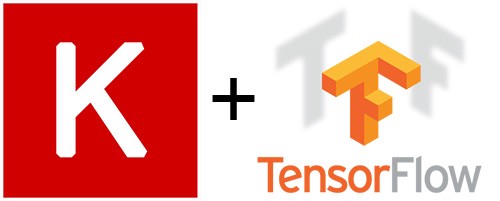How to use automatic verification within dataset in Keras

Automatic verification within a dataset in Keras is a technique used to check the quality and consistency of the data before it is used to train a deep learning model. This can help to ensure that the model is not trained on bad data that could lead to poor performance.
One way to perform automatic verification within a dataset in Keras is to use the validation_split argument in the fit() function. This argument allows you to split the dataset into a training set and a validation set, where the validation set is used to evaluate the model during training. By evaluating the model on the validation set, you can monitor the performance of the model and detect overfitting or underfitting.
Another way to perform automatic verification is to use the validation_data argument in the fit() function. This argument allows you to specify a separate validation dataset that is used to evaluate the model during training. This is useful when you have a separate validation dataset that you want to use for evaluation.
Additionally, you can use callbacks in Keras such as EarlyStopping or ModelCheckpoint which allows you to specify certain conditions under which the training should be stopped or checkpointed. For instance, you can stop the training if the validation loss doesn’t improve after a certain number of epochs, or if the training and validation loss diverge. This helps to prevent overfitting and ensures that the model is trained on good quality data.
In summary, automatic verification within a dataset in Keras is a technique used to check the quality and consistency of the data before it is used to train a deep learning model. You can use the validation_split or validation_data argument in the fit() function to split the dataset into a training set and a validation set, where the validation set is used to evaluate the model during training. Additionally, you can use callbacks such as EarlyStopping or ModelCheckpoint to specify certain conditions under which the training should be stopped or checkpointed. This helps to prevent overfitting and ensures that the model is trained on good quality data.
In this Applied Machine Learning & Data Science Recipe (Jupyter Notebook), the reader will find the practical use of applied machine learning and data science in Python programming: How to use automatic varification within dataset in Keras.
Disclaimer: The information and code presented within this recipe/tutorial is only for educational and coaching purposes for beginners and developers. Anyone can practice and apply the recipe/tutorial presented here, but the reader is taking full responsibility for his/her actions. The author (content curator) of this recipe (code / program) has made every effort to ensure the accuracy of the information was correct at time of publication. The author (content curator) does not assume and hereby disclaims any liability to any party for any loss, damage, or disruption caused by errors or omissions, whether such errors or omissions result from accident, negligence, or any other cause. The information presented here could also be found in public knowledge domains.
Learn by Coding: v-Tutorials on Applied Machine Learning and Data Science for Beginners
Latest end-to-end Learn by Coding Projects (Jupyter Notebooks) in Python and R:
Applied Statistics with R for Beginners and Business Professionals
Data Science and Machine Learning Projects in Python: Tabular Data Analytics
Data Science and Machine Learning Projects in R: Tabular Data Analytics
Python Machine Learning & Data Science Recipes: Learn by Coding